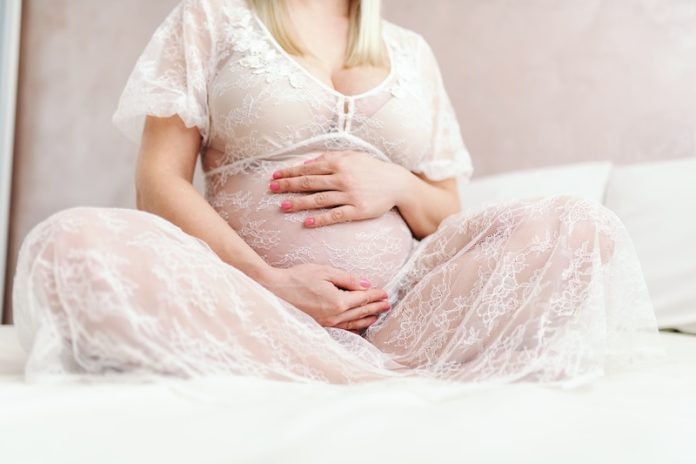
New research highlights the profound and lasting impact of positive health interventions during pregnancy on women’s lifelong well-being.
Published in eClinicalMedicine as part of a special World Health Organization series on maternal health, this study reviews existing theories of vulnerability in pregnancy and underscores the significance of reparative strategies for long-term health, including future pregnancies.
Led by Professor Shakila Thangaratinam from the University of Birmingham, the research team advocates for a paradigm shift in the concept of maternal health vulnerability.
They make a compelling case for adopting a proactive, holistic approach to women and girls’ health, one that identifies vulnerability early and promotes personalized care plans in maternity settings across the globe.
Professor Shakila Thangaratinam, Joint Director of WHO Collaborating Centre for Global Women’s Health at the University of Birmingham and lead author of the paper, explains,
“Reparative strategies throughout the pregnancy journey can reverse damage to a mother’s health. Each instance of a reparative strategy, be it during pregnancy, birth, or beyond, brings women closer to optimal health.
These strategies encompass customized care plans within maternity healthcare settings and extend to addressing physical, psychological, and social aspects.”
The series, titled “Maternal health in the perinatal period and beyond,” emphasizes the need for a comprehensive approach to reduce maternal mortality by addressing not only immediate biomedical causes but also the intricate interplay of broader social, economic, and environmental factors affecting women’s health.
These factors include racial and gender disparities, economic contexts, nutritional status, sanitation, environmental risks, and exposure to violence and conflict.
The opening paper, published in The Lancet Global Health, highlights the importance of considering the long-term health of women and girls—both before and after pregnancy.
It underscores that maternal health extends beyond pregnancy and delivery, necessitating a broader perspective.
According to the series, neglecting fundamental issues contributes to the stagnation in reducing maternal mortality rates in 121 out of 185 countries over the past two decades.
Joao Paulo Souza, Centre Director of the Latin American and Caribbean Center on Health Sciences Information (BIREME) for PAHO/WHO and co-author of the first paper, emphasizes that maternal health should not be a concern solely when pregnancy becomes visible.
He highlights the myriad factors influencing a woman’s likelihood of experiencing a healthy pregnancy, including her environment, societal and economic systems, access to nutritious food, and her level of agency over her life.
The series calls for a robust, multidisciplinary health system that delivers high-quality and respectful maternity services, prevents ill health, and mitigates broader inequities.
This includes specific interventions to support the most vulnerable women and girls, ultimately improving their overall health and access to high-quality healthcare.
If you care about wellness, please read studies about how ultra-processed foods and red meat influence your longevity, and why seafood may boost healthy aging.
For more wellness information, please see recent studies that olive oil may help you live longer, and vitamin D could help lower the risk of autoimmune diseases.
The research findings can be found in eClinicalMedicine.
Copyright © 2023 Knowridge Science Report. All rights reserved.



